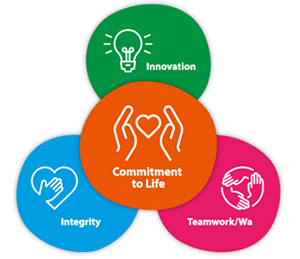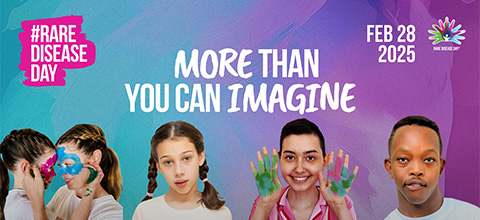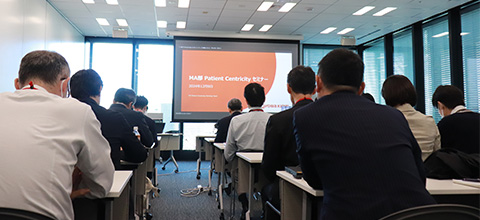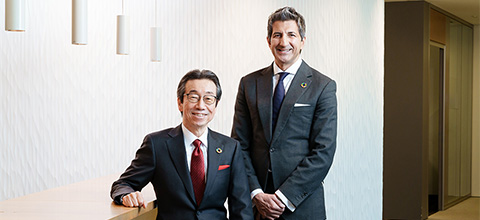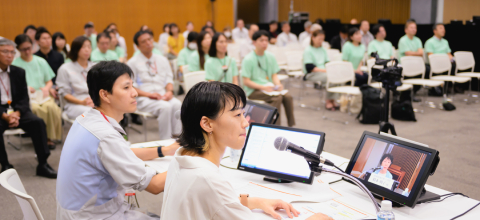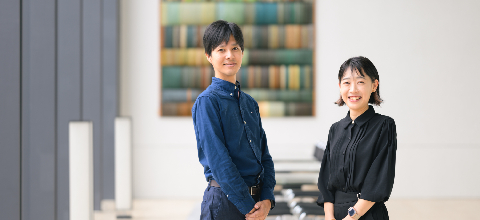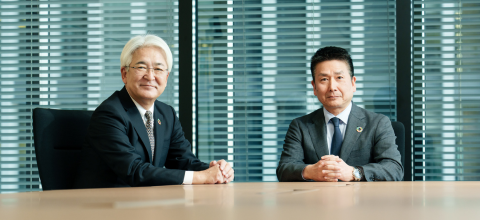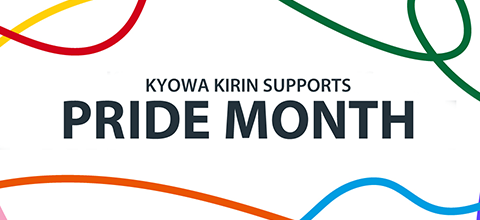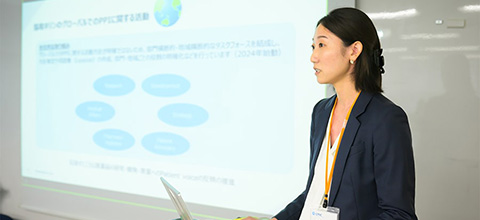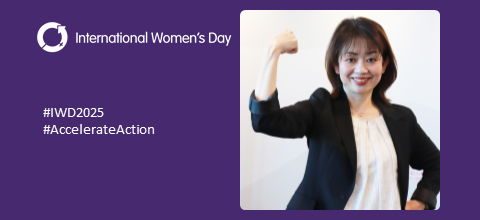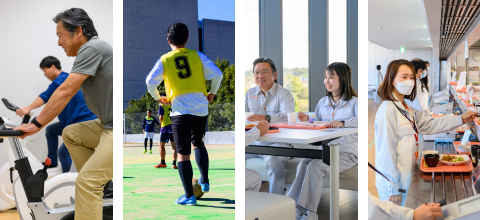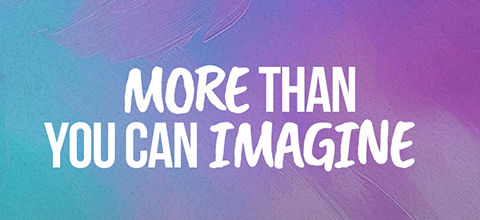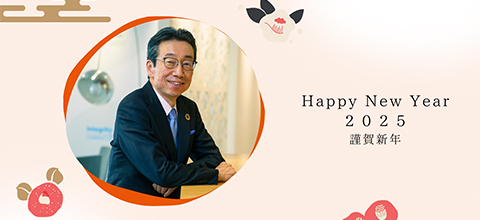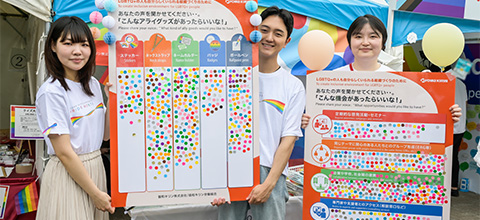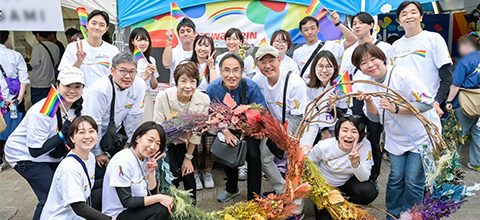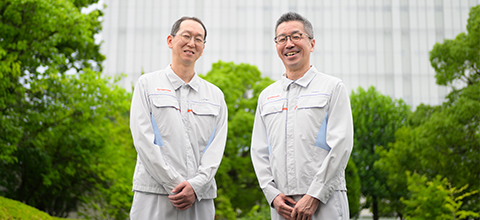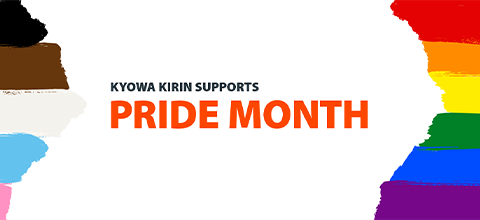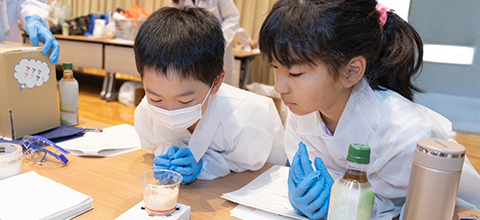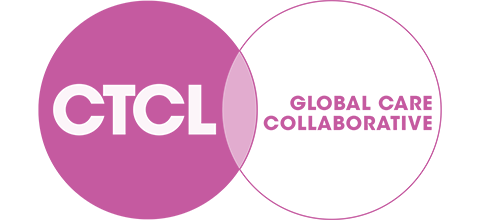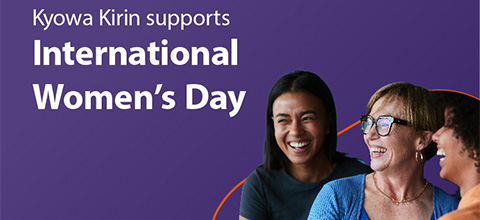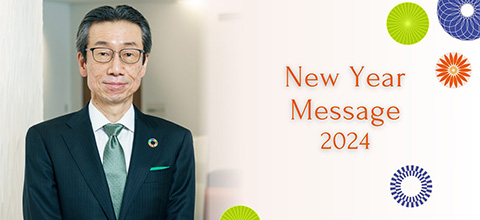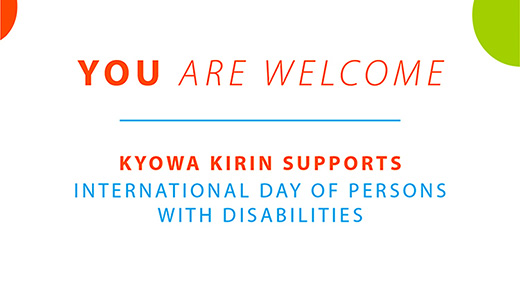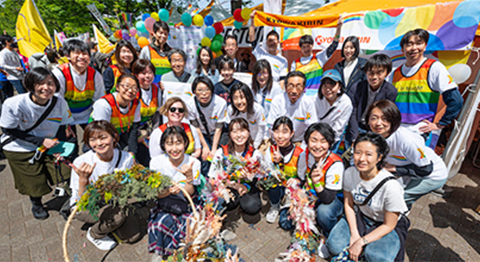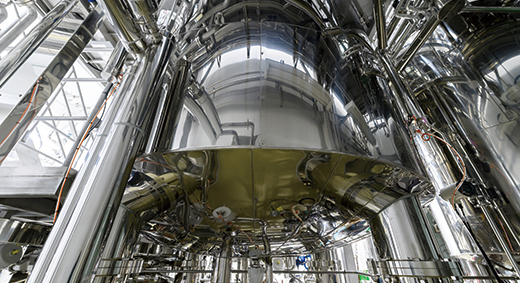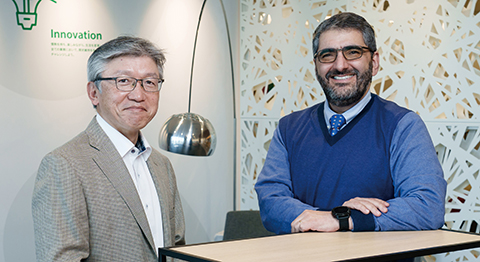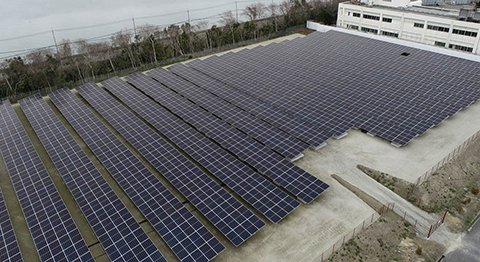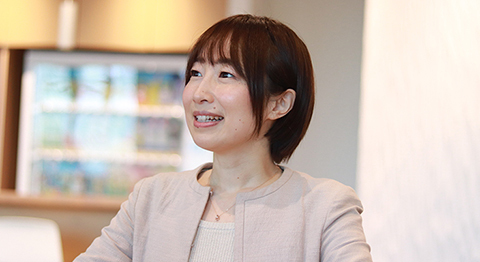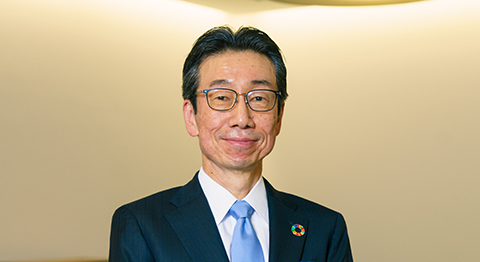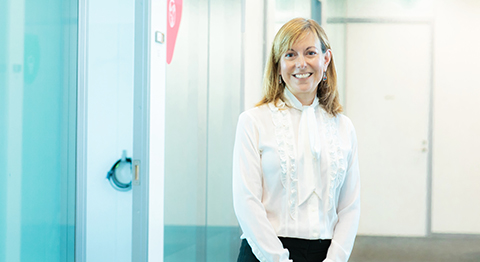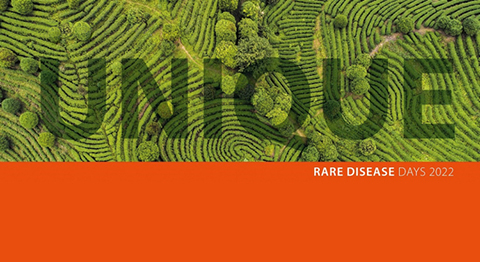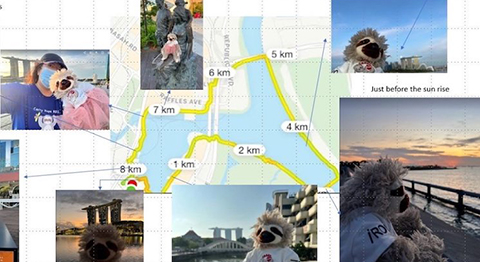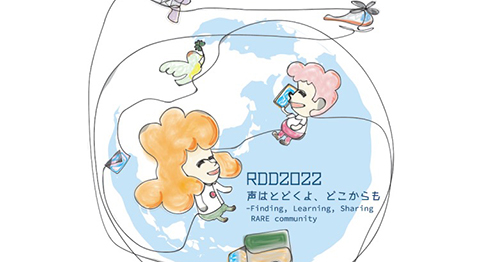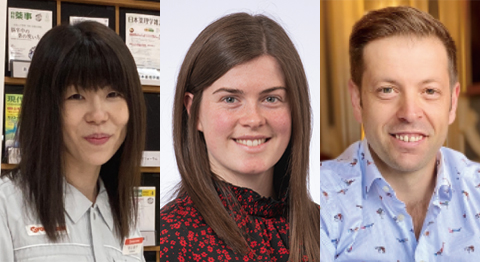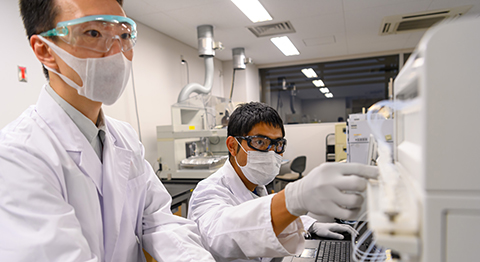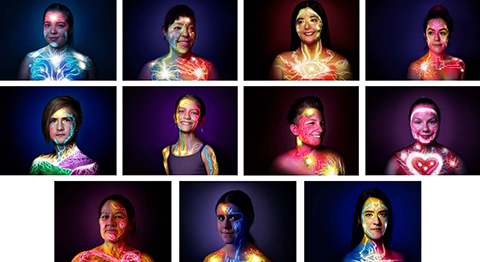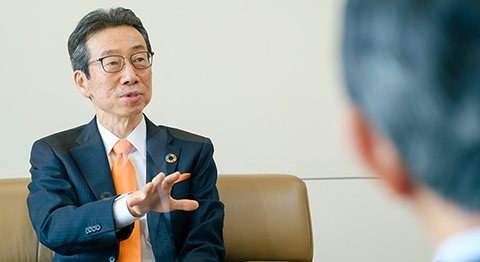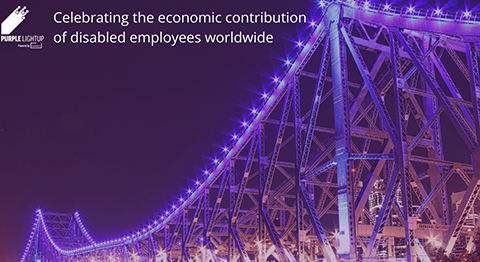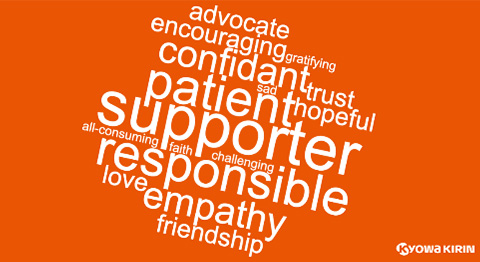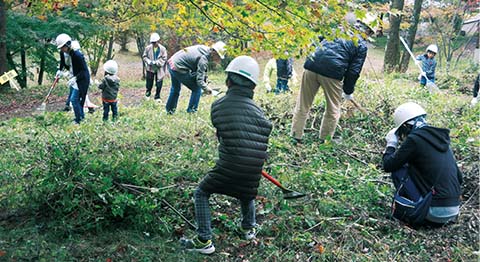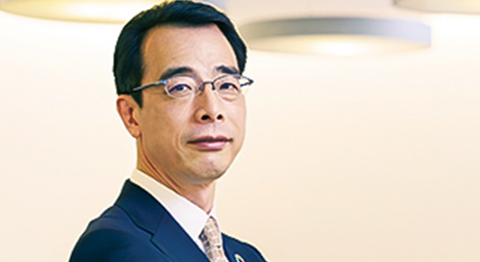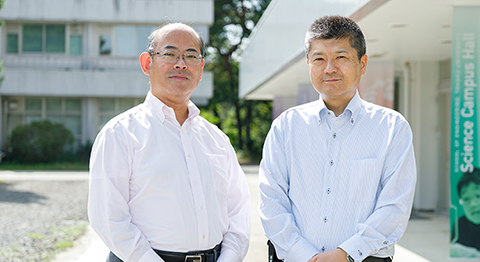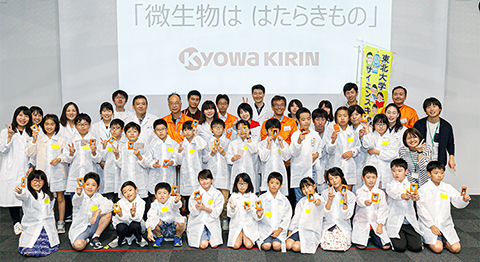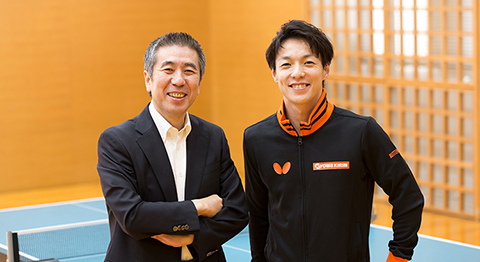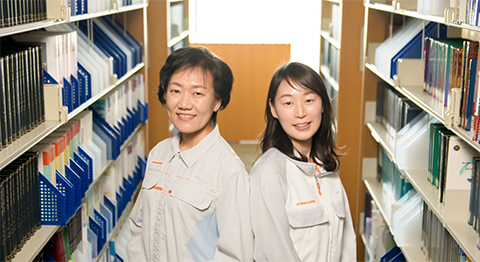- *Please kindly note that this story highlights an initiative in Japan that some parts may not be fully appropriate for other countries or regions.
In Part I, the story focused on the motivation and thoughts behind Toyoizumi’s decision to start the Meet Up program about understanding more about working women and the session of menstruation. In the 2nd Part, the story will be about the session of fertility treatment, the response after the program and subsequent developments.
To read Part I
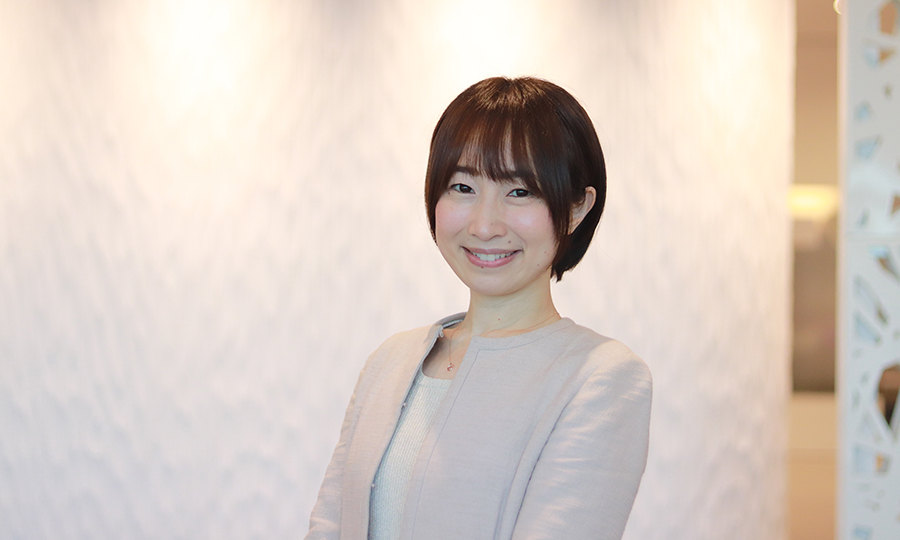
In the second part of “Meet Up! Overcoming diversity barriers and promoting understanding of working women”, an employee explained the fertility treatment process she is going through.
“The story was very realistic and I learned a lot. Also, I was made freshly aware of how hard fertility treatment can be. The woman said sometimes she must make urgent visits to the hospital, forcing her to take a day off work. She said she’s able to continue with her treatment thanks to the understanding of people in her workplace. But she also told us that she often feels that she is a burden to them. Her story made everyone realize how important understanding from surrounding people is. It also inspired us to want to know each other better. For some time, the labor union had been asking the company to let workers take the self-managed paid holiday in half days, and after Meet Up!, it actually became possible to do so. I’m pleased that our workplace environment has become more friendly to people undergoing fertility treatment.”
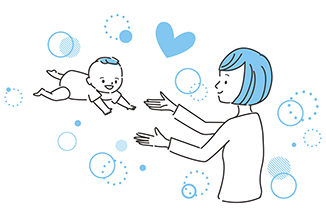
- *Self-managed paid holiday is a paid holiday that employees are entitled to in addition to their annual paid holiday. The purpose of this holiday is to manage one’s physical and mental condition as well as private events to proactively create a state that allows you to work in top form. Periods, fertility treatment and looking after family are among the qualified reasons to take the leave.
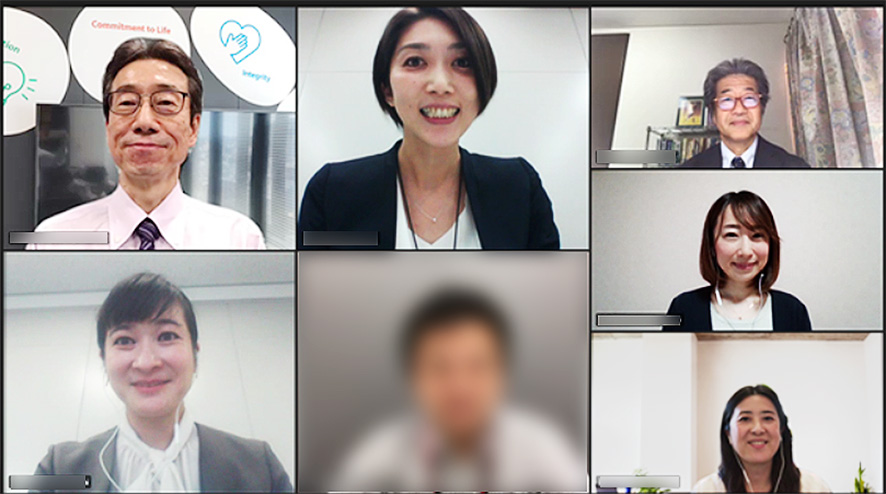
Hoping that continuance will lead to a better work environment
The Meet Up! received a good response from the participants and viewers, who said it’s a shame to let it be a one-off event and that continuation is what truly leads to fostering culture. So, we held follow-up events in slightly different formats. Five months later, we held the second event, which we named Meet Up+. Anyone could take part and we solicited participants in an official in-house document. The event drew nearly 50 people, some of which who said they became interested after hearing about the first Meet Up! from participants. The third event took place one month after that in the form of a seminar for the company’s management. The topic discussed at the first Meet Up! was also featured in the seminar. With each event, it became apparent that misconceptions existed between men and women, and that men had stereotypes about menstruation.
“While many women said they suffer from abdominal cramps, back pain and anemia during their periods, a lot of men thought women experience many more symptoms, such as irritation, fatigue and headache. It was interesting to learn that men thought of menstrual symptoms as being more severe than what many women experience. Actually, women don’t always get the same symptoms every period. Also, symptoms can vary from day to day. For example, you can have abdominal pains on one day and have symptoms of anemia on another. The severity and frequency of the symptoms also vary among women. I found that these things were surprisingly not very well understood.”
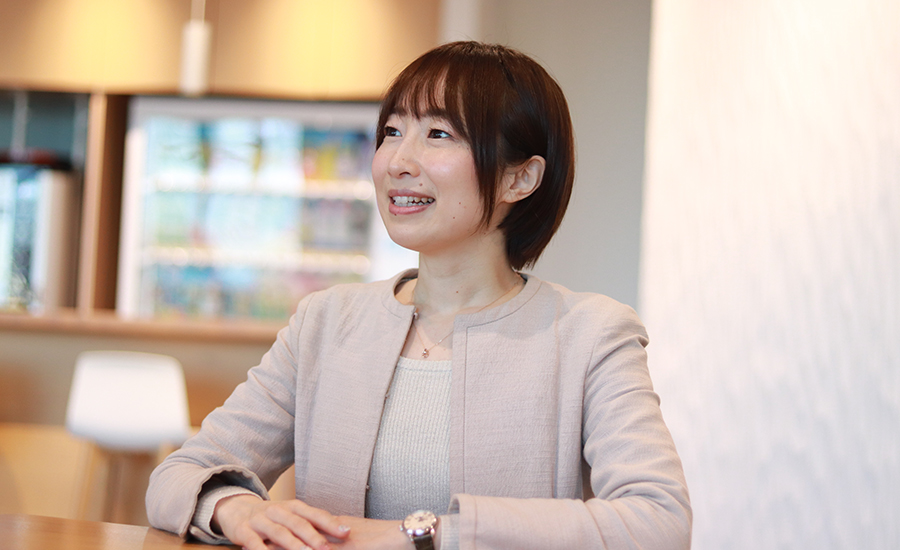
Toyoizumi had proposed Meet Up! program to overcome diversity barriers. Choosing periods and fertility treatment as themes resulted in focusing on not just women as a gender but also on the diversity of individual women. Not everyone suffers constant pain during their periods. But a woman who usually suffers little or no menstrual symptoms can suddenly develop severe symptoms. Toyoizumi says it’s important that there’s an environment at the workplace that is flexible and receptive to the changing conditions. She says creating such an environment not only requires effort on the men’s side but women must also show their determination toward work.
I think raising workplace awareness that women can have a hard time during their periods or fertility treatment is only possible against the backdrop that women want to give their best performance at work. If there’s a situation where a woman wants to but is unable to tell her colleagues and managers that she wants to go all out in her work but sometimes can’t because of unexpected events, I believe it’s important for everyone to know each other better. I think what matters is not just asking for people’s understanding but also to have passion and determination for work. That’s why I want to continue the Meet Up! program!”
“Just because we discussed the issues once at Meet Up!, it doesn’t mean everyone will suddenly be more open about periods and fertility treatment. More time is needed. But I do feel that the event has led to participants spreading the word and other people gradually becoming more aware of the issues and talking about them more. Continuing with the initiative might lead to broader communication at the workplace. And if we can build the kind of relationship in which we are comfortable talking about periods and fertility treatments, that might make for a more relaxed and pleasant workplace environment. I love my company, so I hope these activities will help make it an even better place to work.”
“This time, the themes were menstruation and fertility treatment, which had not been discussed openly before. But we were able to have honest talks about what we thought, what we didn’t know and what we want to see happen. It made us aware of how much we don’t know and how important it is to learn about each other. I also realized that even one occasion like this can lower or even remove barriers. Male workers might fear that discussing such themes would be seen as sexual harassment. But I believe they are essential themes that we must discuss as healthcare professionals to create a better workplace. Of course, periods and fertility treatment are not the only problems that workers face. There are various concerns that each person must deal with, such as nursing care for family and health issues of their own. As a workplace, it’s important that we have a spirit of caring and helping each other.”
“Building relationships and creating an environment that allow us to share our problems with others instead of internalizing them, and understanding periods and fertility treatment could be a clue to overcome barriers. I believe it’s necessary to continue working on these themes to foster a good work environment as well as corporate climate and culture. And also, I’m deeply grateful to the company for seriously engaging in problems like this.“
To be a team where diverse personalities shine
Kyowa Kirin adopted “Our DE&I Statement” in 2021 on the belief that the power of a team where diverse personalities shine will be the driving force to achieve the company’s vision for 2030. Promotion of Diversity, Equity and Inclusion is the foundation of what Kyowa Kirin is trying to achieve.
We would like to continue to support Toyoizumi’s Meet Up! activities, not only to promote the health of workers and foster a positive work environment, but also to encourage further dialogue among employees for mutual understanding and for Kyowa Kirin to be an organization where diverse personalities can shine and demonstrate their abilities.
